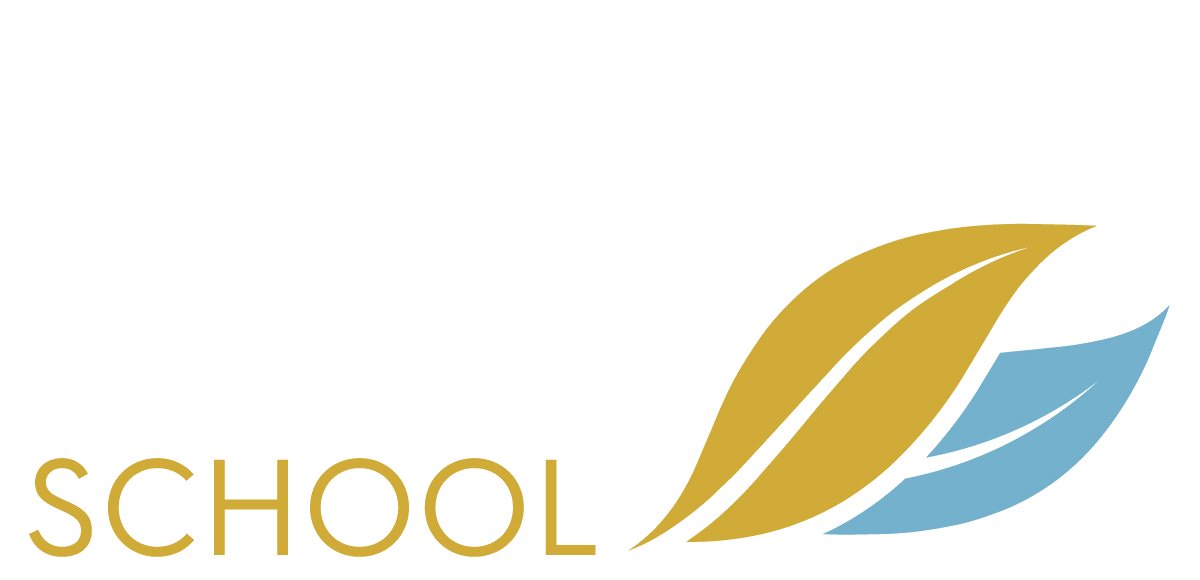
RE
Home > Curriculum > Subjects
“While I know myself as a creation of God, I am also obligated to realise and remember that everyone else and everything else are also God’s creation.” Maya Angelou
At Laurel Park School, we believe that our Religious Education (RE) curriculum should reflect the rich and diverse community of Enfield, as well as the broader diversity of the UK and the wider world. We view RE as a highly regarded, rigorous, and academic subject that contributes dynamically to pupils’ education. It provokes challenging questions about the meaning and purpose of life, beliefs about God, ultimate reality, and issues of right and wrong. It also fosters empathy and understanding of different points of view.
“RE makes a valuable contribution to pupils’ personal development and to their understanding of the wider world. “
(The National Association of Teachers of Religious Education (NATRE)
The principal aim of RE is to engage students in systematic enquiry into significant questions addressed by religions and worldviews in local, national, and global contexts. This enables students to develop their own ideas, values, and identities with Integrity, Determination, and Ambition, in order to achieve Excellence. Pupils learn to evaluate wisdom from a variety of sources, helping them to develop the understanding and critical thinking skills necessary to appreciate and assess diverse responses to these questions.
RE is taught in accordance with the Enfield Agreed Syllabus for Religious Education across all key stages. We operate a spiral curriculum and foster a wide range of cross-curricular links with subjects such as English, science, geography, and history. Much of what we study complements and enhances the curriculum in these subject areas, and vice versa.
Key Stage 3 (Years 7-9)
By the end of Key Stage 3, pupils will be able to use a range of increasingly complex religious, moral, and philosophical vocabulary to demonstrate their ability to understand and explain a variety of religious and non-religious worldviews, recognising their local, national, and global contexts.
They will be able to use this knowledge to analyse and synthesise personal and critical responses to a range of issues, forming coherent and well-argued conclusions. Pupils will also be able to critically challenge arguments about the meaning of religion and spirituality and suggest thoughtful answers related to the search for truth.
Key Stage 4 (Years 10 -11)
According to the Enfield Agreed Syllabus, KS4 students should be taught at least one period of Religious Education (RE) per week. In response to this requirement, we have structured RE at Laurel Park School into two strands:
1. GCSE RE (Optional)
Students who opt to study GCSE RE follow the Pearson Edexcel GCSE (9–1) Religious Studies B specification. This academic pathway allows for an in-depth exploration of religious, philosophical, and ethical issues from the perspectives of Christianity and Islam. Students develop critical thinking and evaluative skills, as well as a deeper understanding of key beliefs, practices, and contemporary debates.
The GCSE course consists of two Areas of Study, each assessed through an externally set written examination:
Paper 1: Area of Study 1 – Religion and Ethics (Paper code: 1RB0/1B)
Paper 2: Area of Study 2 – Religion, Peace and Conflict (Paper code: 1RB0/2C)
2. Core RE (Compulsory for all students)
All Laurel Park School students engage in Core RE as part of a broader program delivered alongside PSHE. Within this model, selected Edexcel GCSE topics that align with statutory PSHE and RSHE content are incorporated into the PSHE curriculum. While the Core RE program does not cover the full depth and breadth required for GCSE examination entry, it provides valuable opportunities for students to study key religious, moral, and social issues from Christian and Islamic perspectives.
For example, the Edexcel unit on Marriage and Family aligns effectively with the RSHE curriculum, offering students the chance to explore these topics through both a religious and ethical lens. This integrated approach strengthens students’ religious literacy and contributes to their personal development, empathy, and understanding of a diverse society.
For further information, please refer to the PSHE Curriculum Booklet.
Key Stage 5 (Years 12–13)
At Key Stage 5, Religious Education is delivered alongside PSHE. This integrated approach allows students to explore a wide range of philosophical, ethical, and theological themes that are relevant to their personal, academic, and spiritual development.
The KS5 RE program encourages critical reflection on moral and social issues from both religious and non-religious perspectives, with a particular focus on the beliefs and teachings of Christianity and Islam. Topics are selected to complement the statutory content of RSHE.
To enrich students’ understanding and promote religious literacy, the program also includes talks and workshops led by external speakers, as well as educational visits to places of worship and centres of religious or philosophical significance.
For further information, please refer to the PSHE curriculum booklet.
Curriculum
The RE Curriculum Booklet can be downloaded here:
